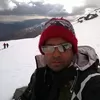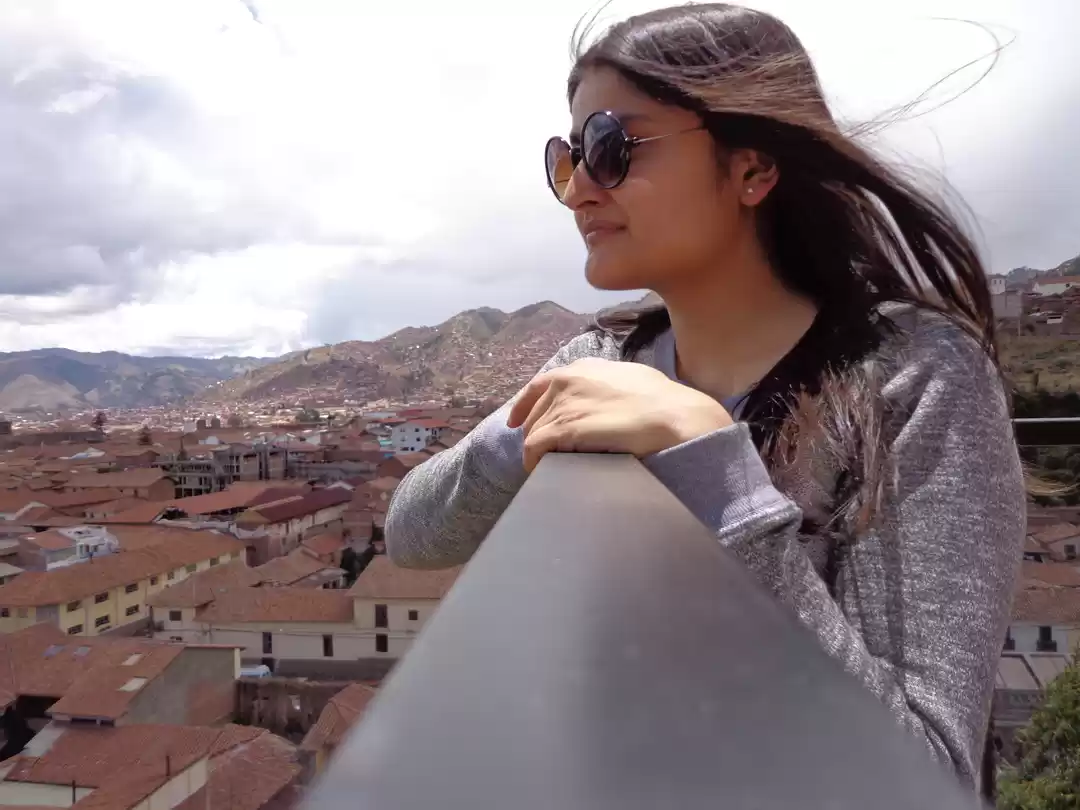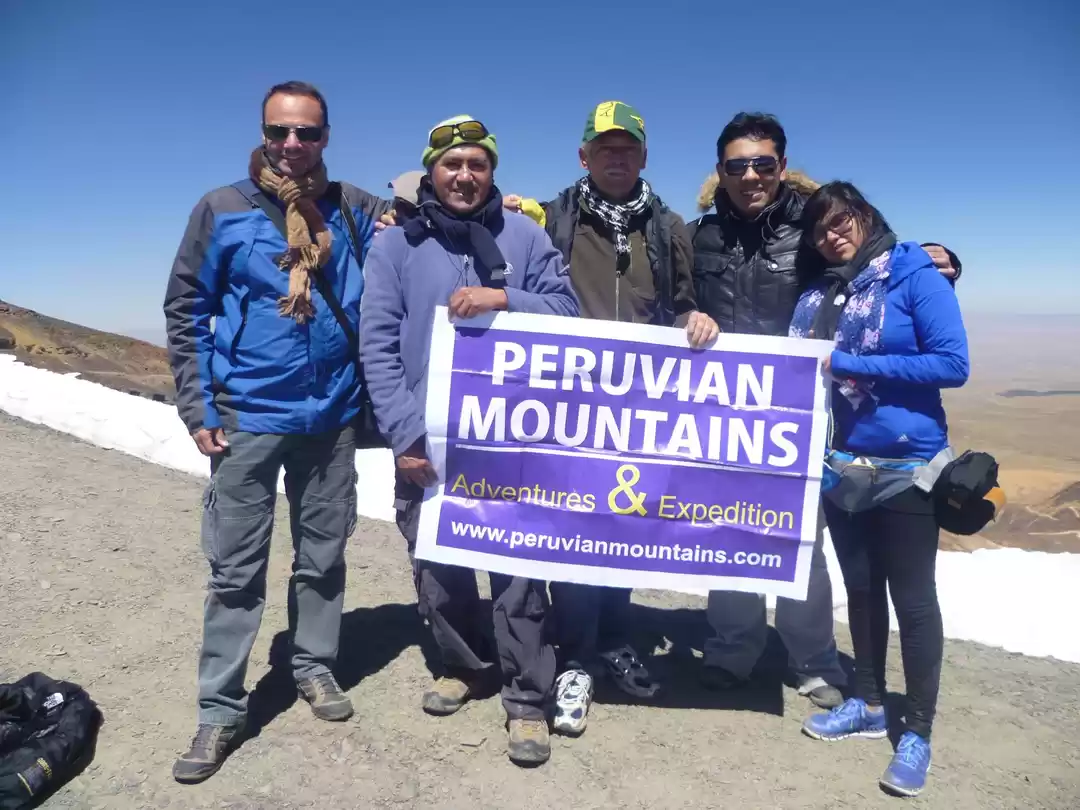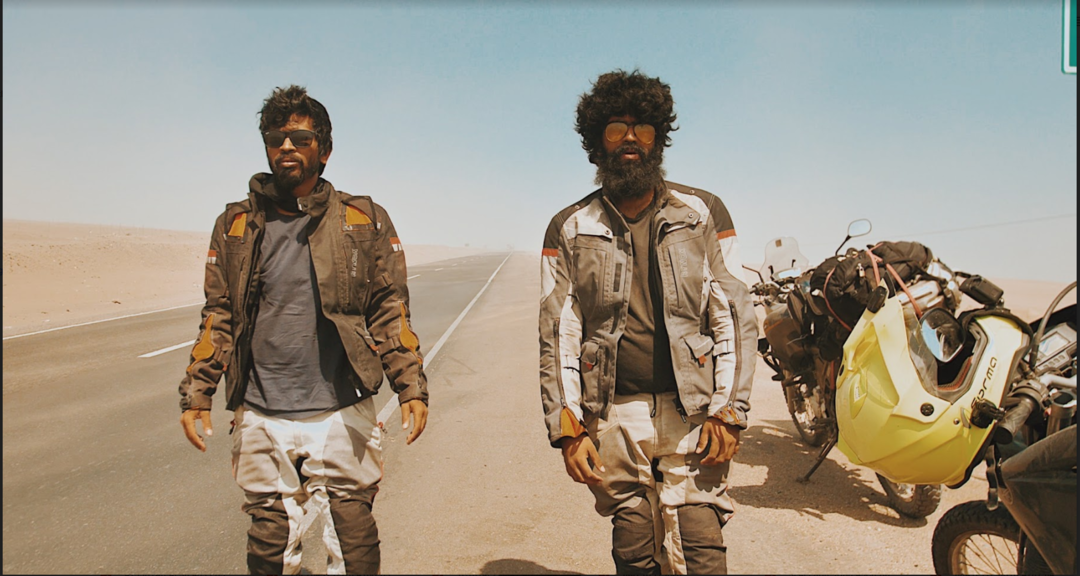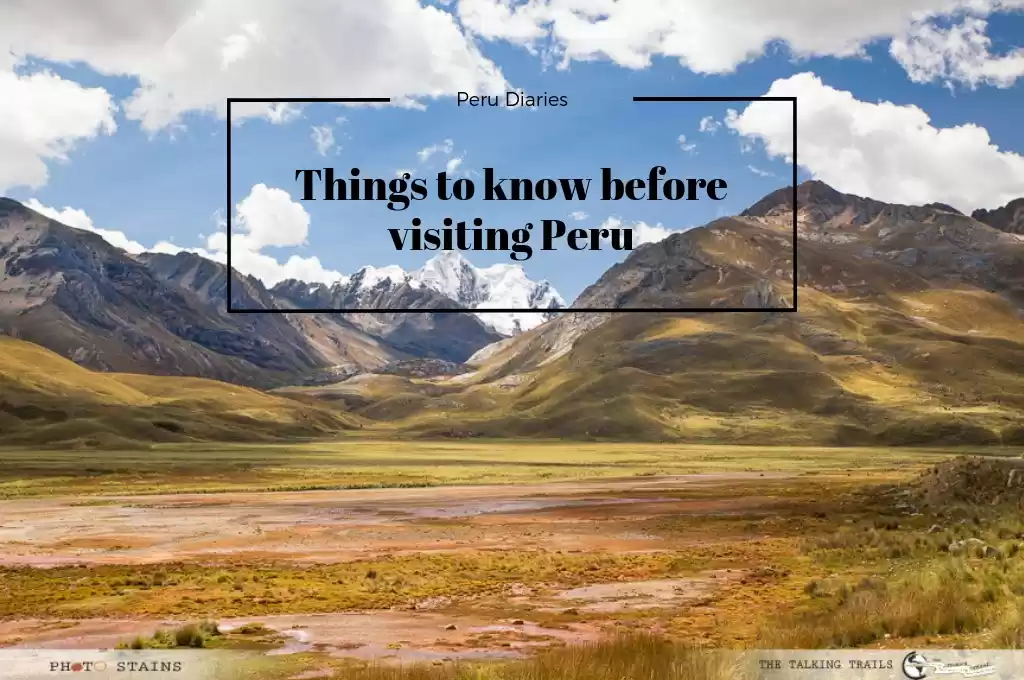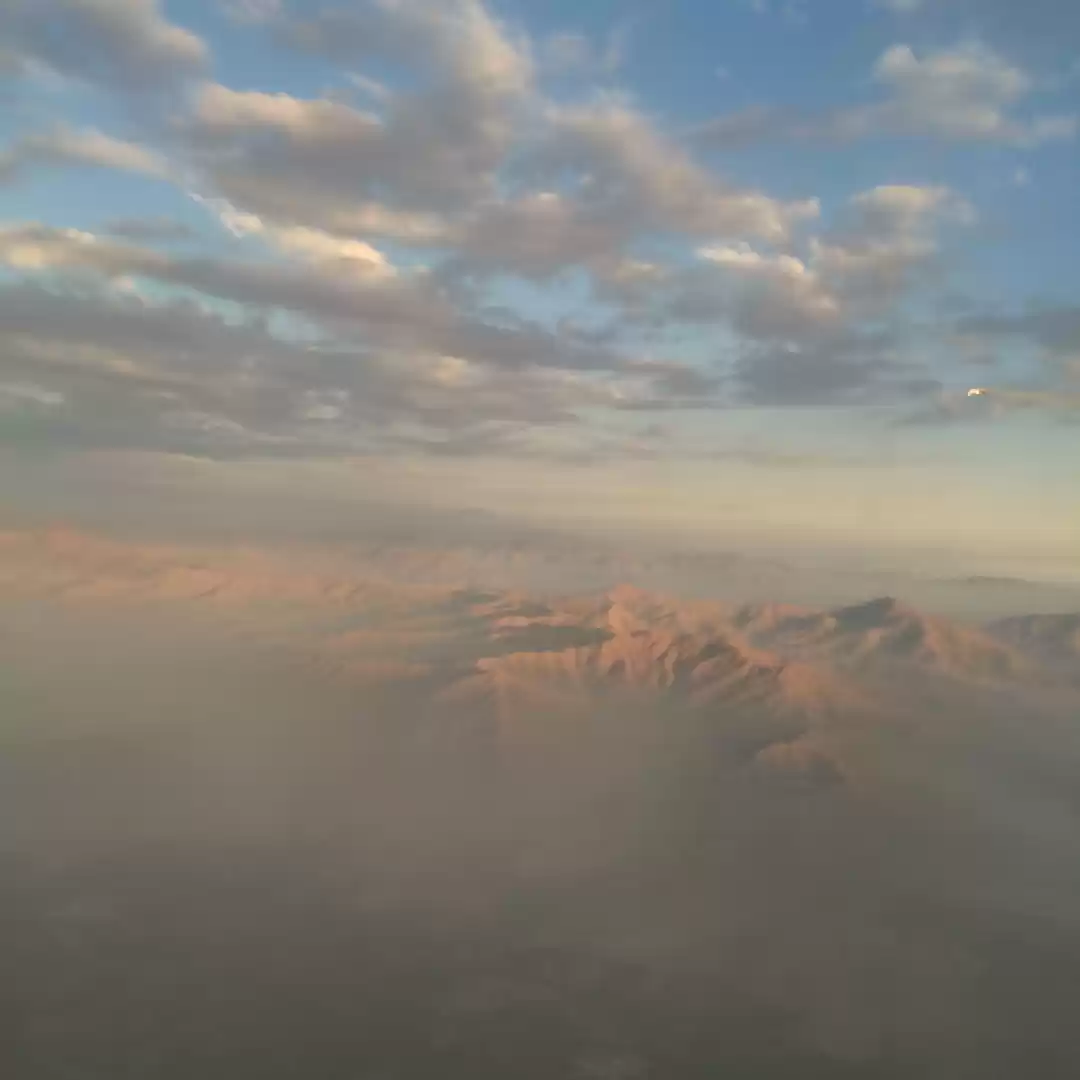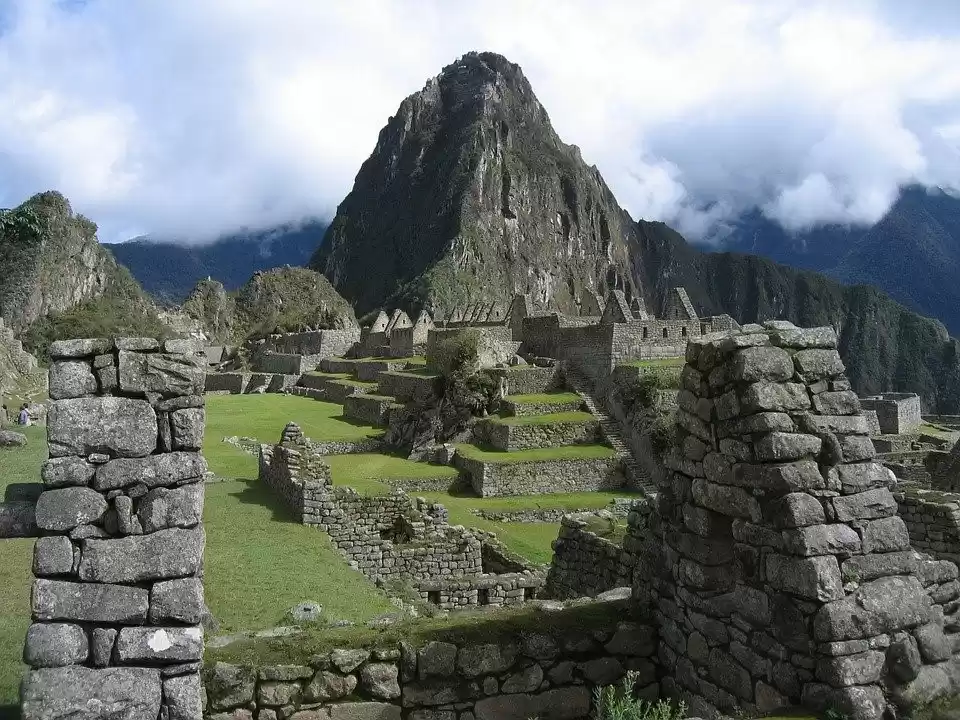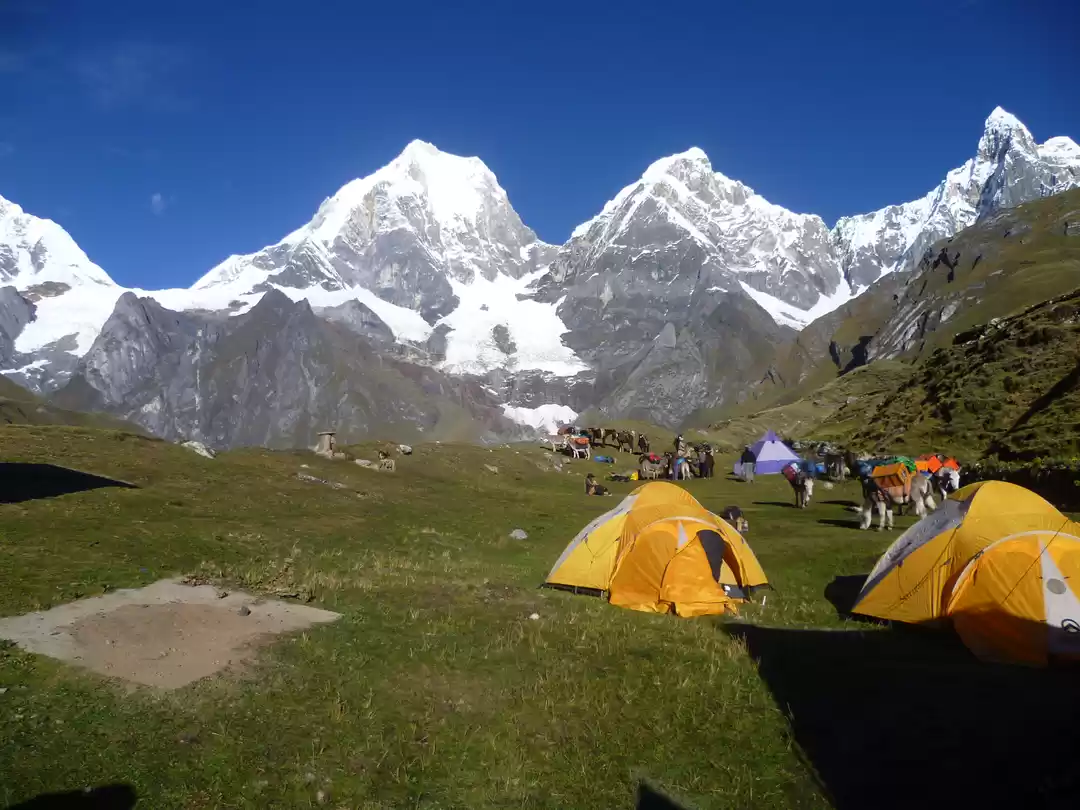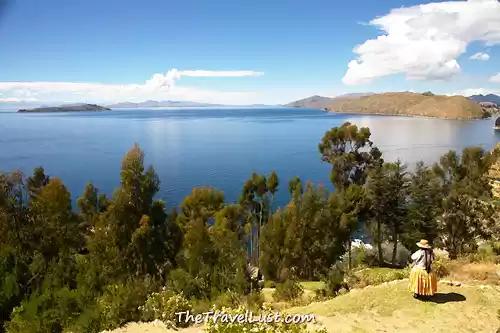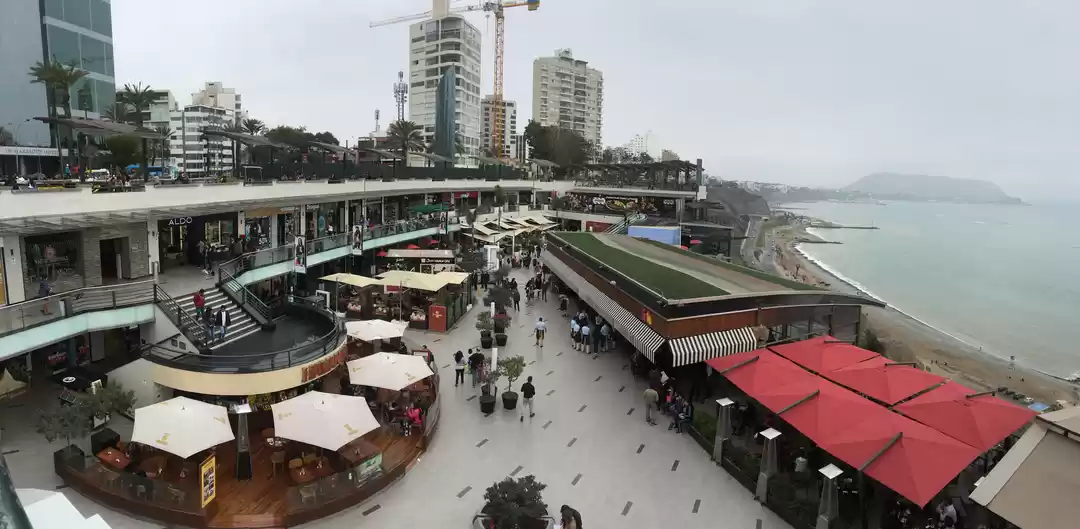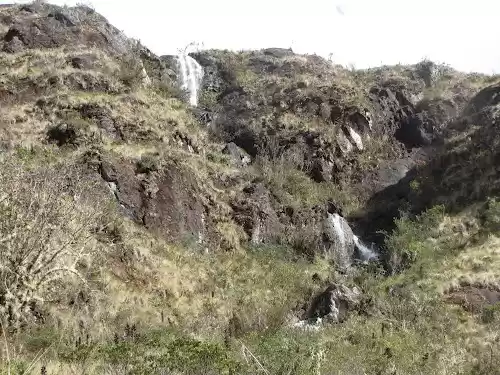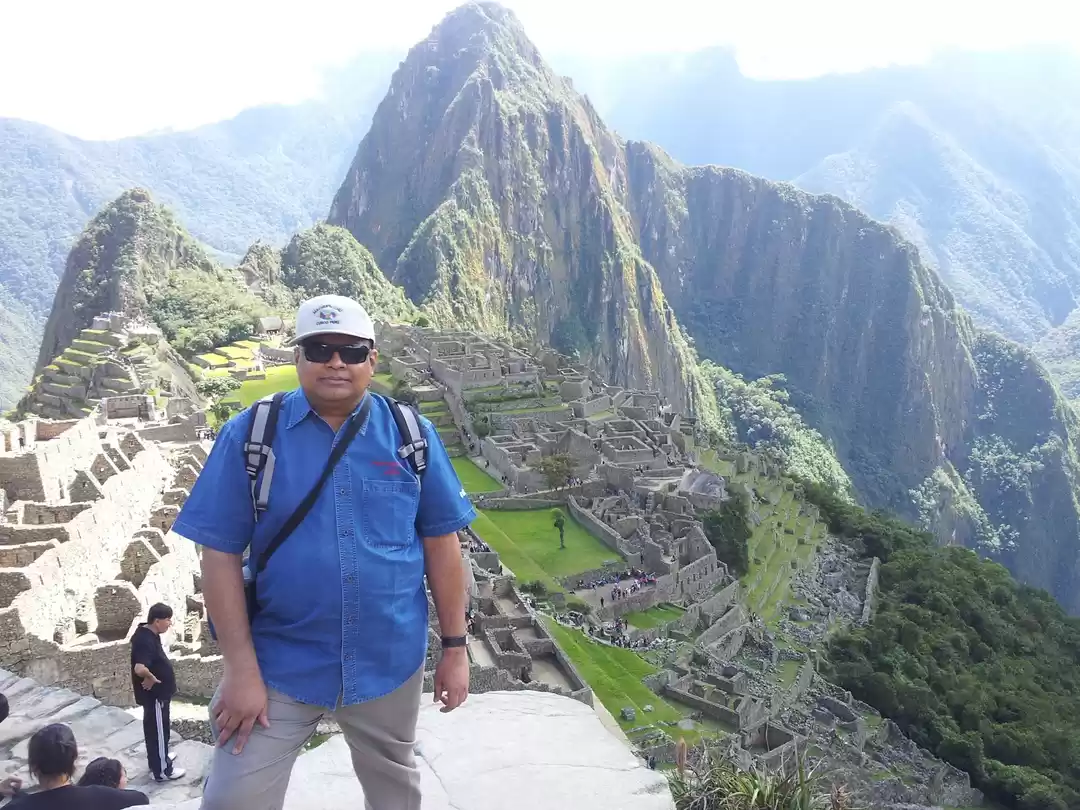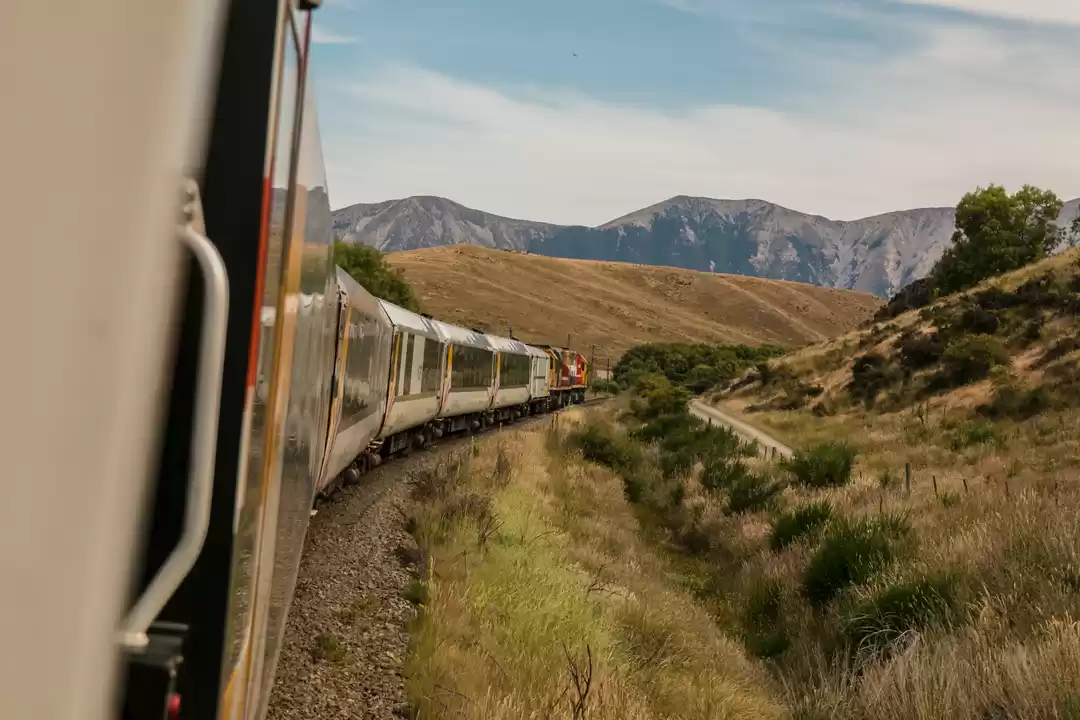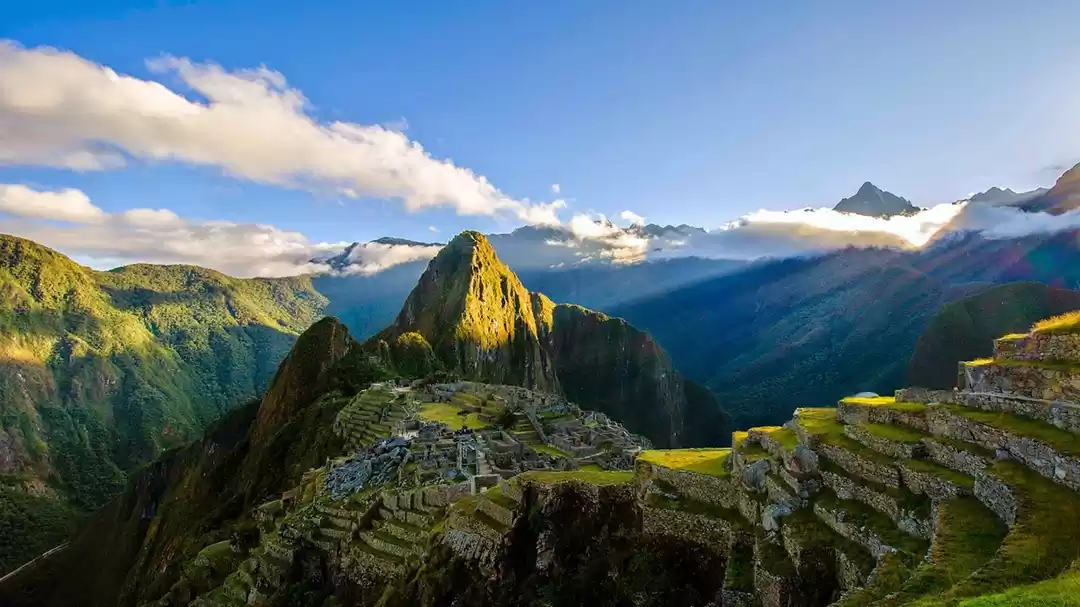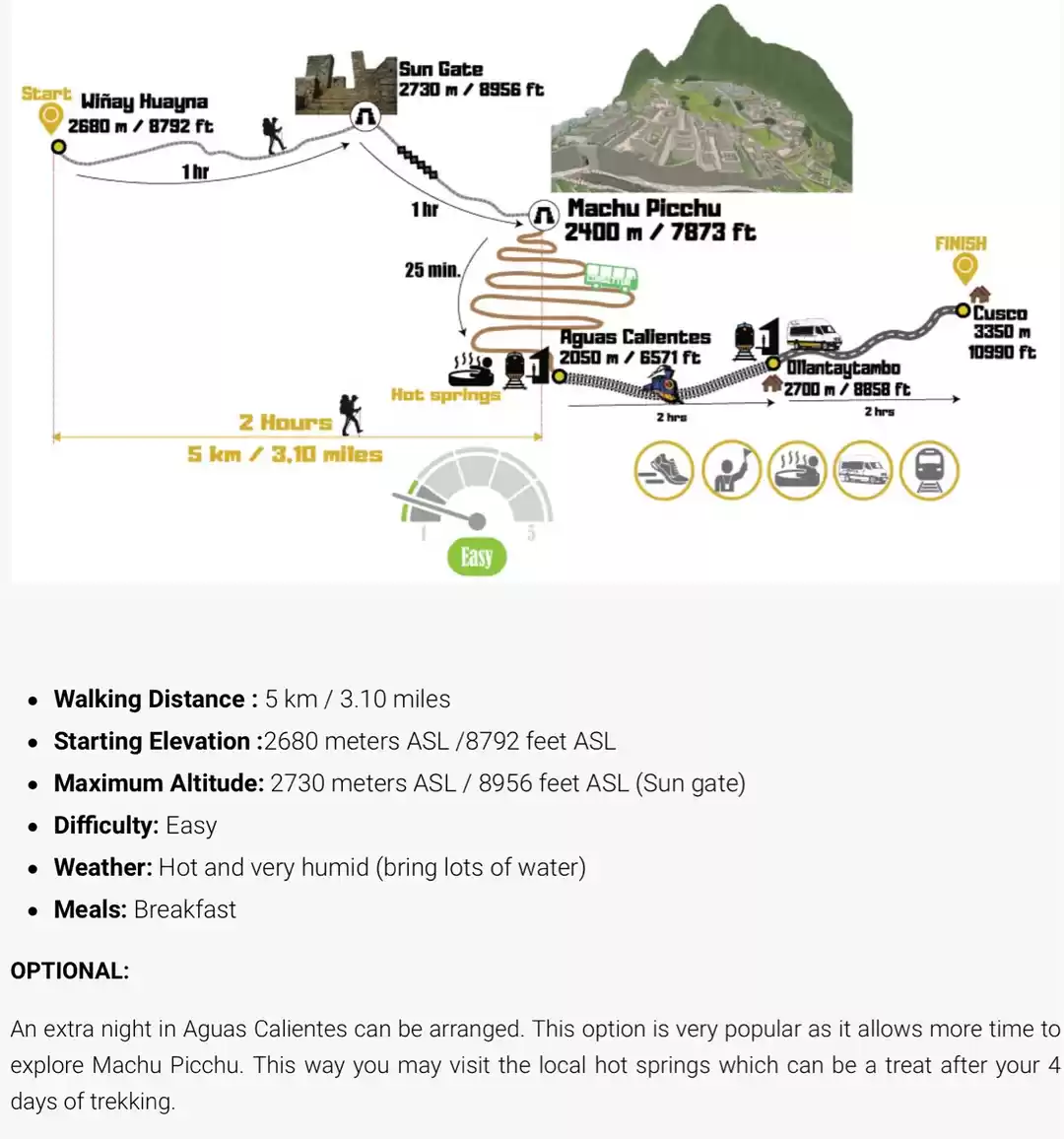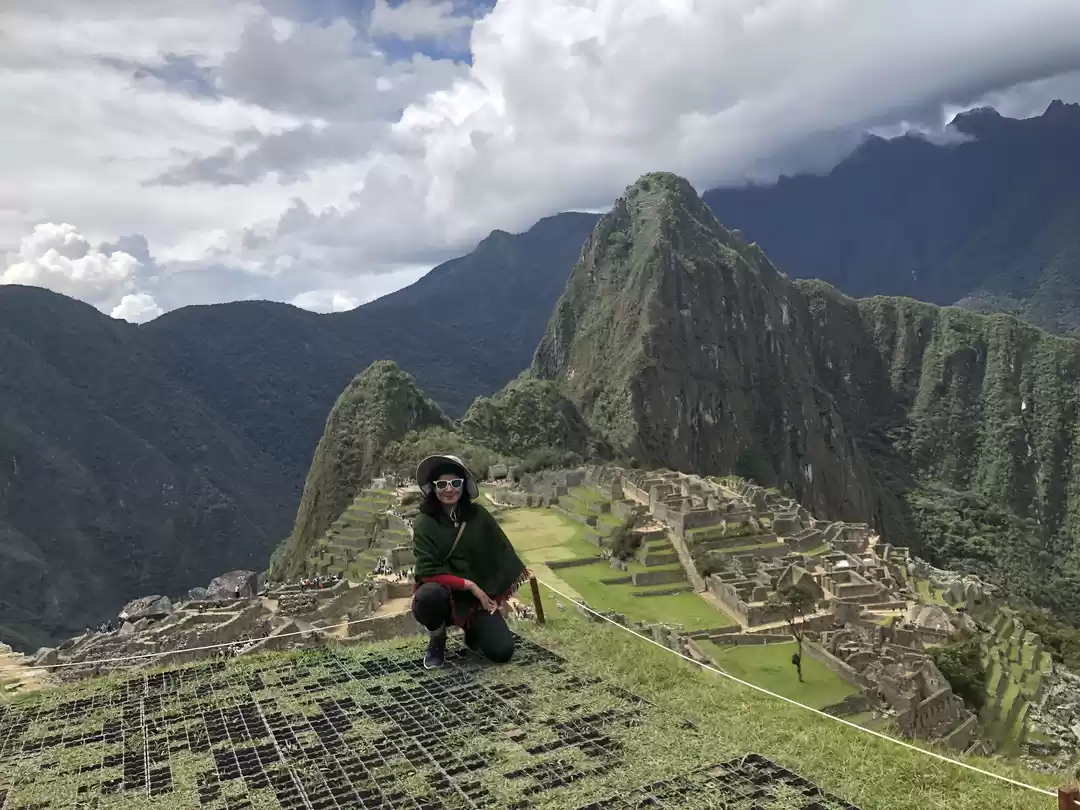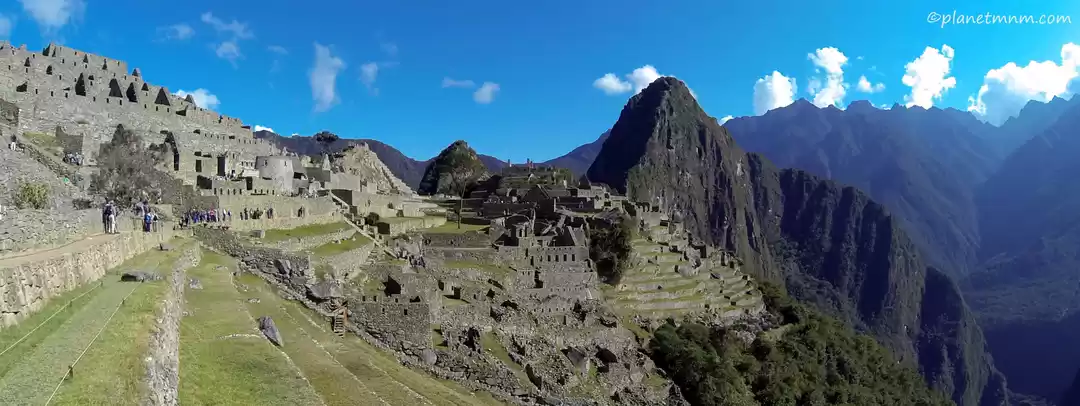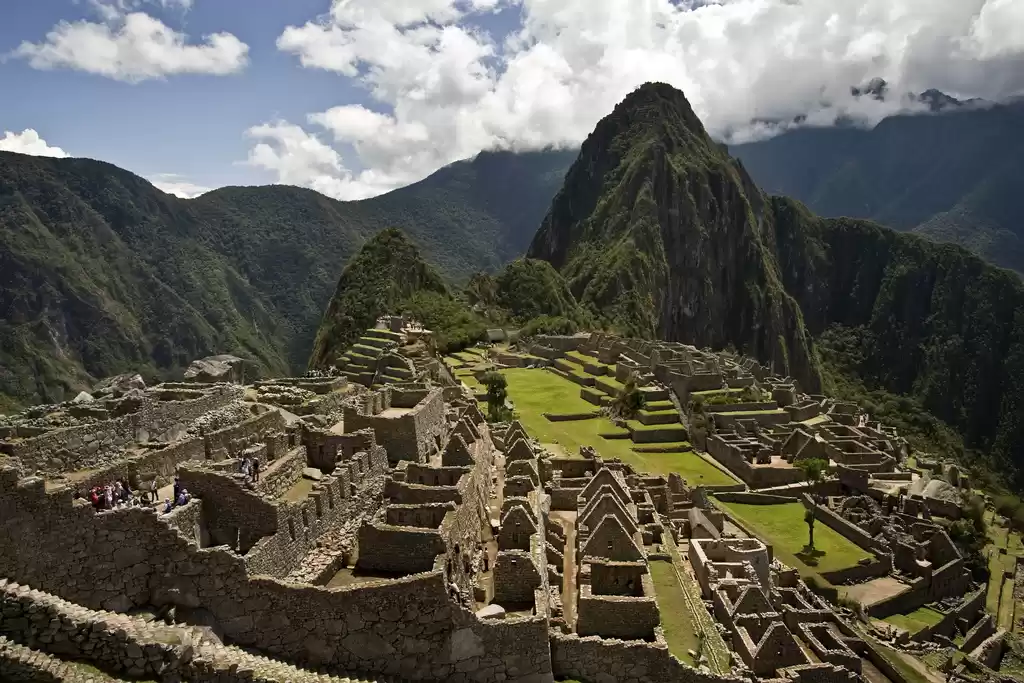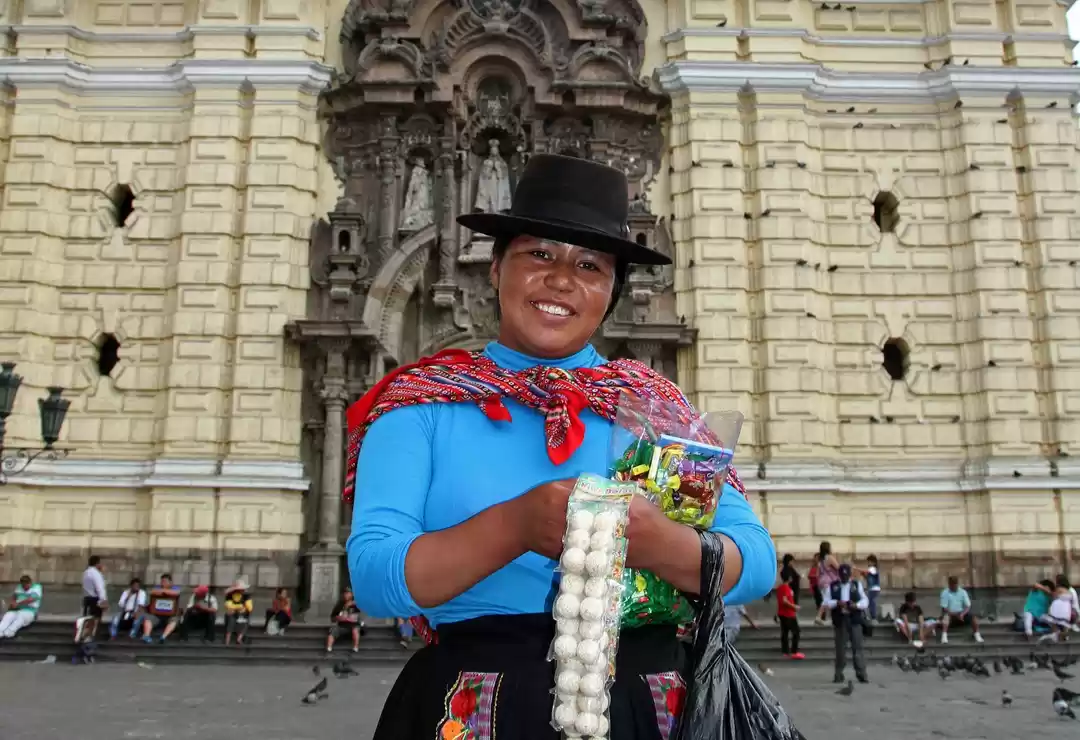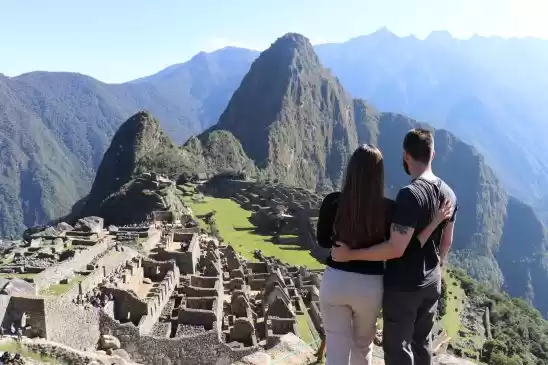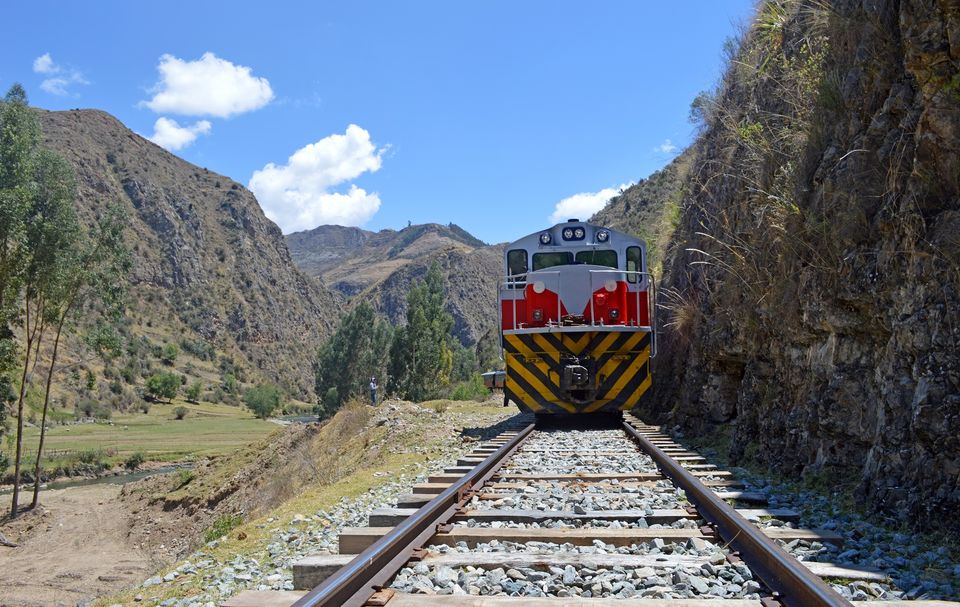
Hergé (Georges Prosper Remi) was a man confined to his room by the Nazis, whose mind travelled across the globe. People may remember him as one of the greatest cartoonist, but for me, he was one of the greatest travellers of all time. He achieved what not many travellers could, travel around the world using his imagination (and utterly painful research), while being held under captivity!
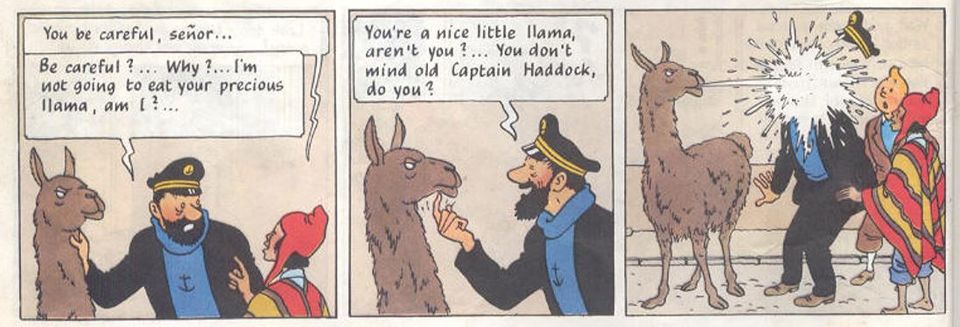
In my childhood I was enthralled by the adventures of Tintin and always wanted to follow his routes. When I grew up, I became a fan of the creator. The images of the runaway carriages on the highest railroad of the world - in the parches slopes of Andes, well they dragged me up there.
And I was there, following the pictures painted by that great man, travelling in the last remaining passenger train in Peru.
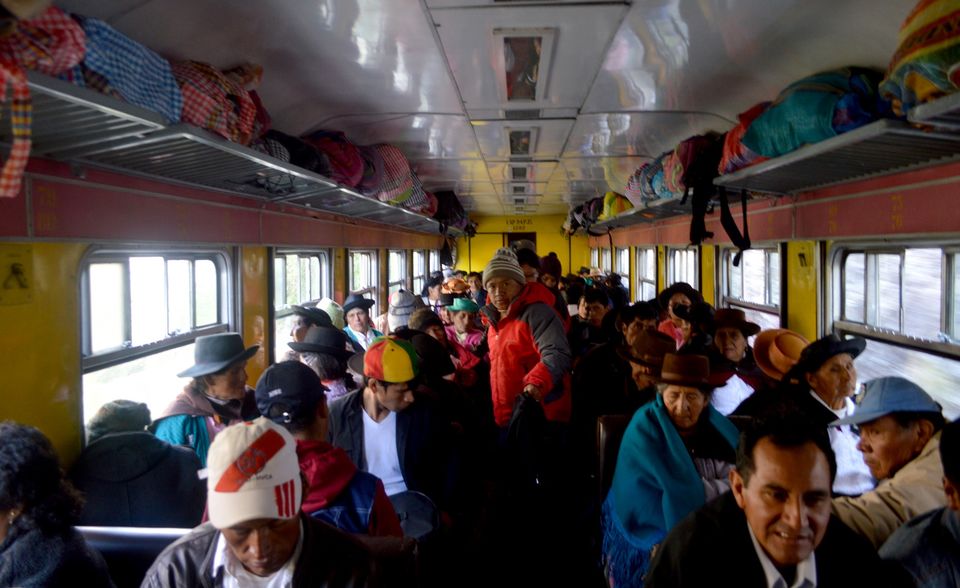
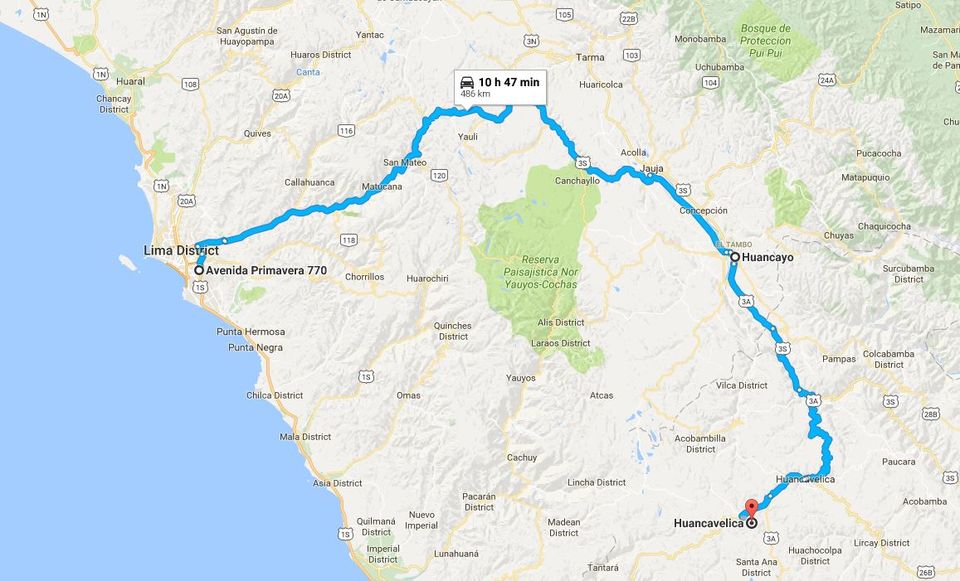
Our (leg of this) trip started with a misadventure, when we got stranded in a massive traffic snarl in Lima, and missed our bus to the mountain town of Huyancayo. We got tickets for the next available bus, which was six hours later. We did what every backpacker does so well. Kill time. Effectively. That included a walk around town (cautiously guarding our belongings), a visit to a mall, a Subway sandwich. Just like most large cities of the world, there are always two sides of it!
The bus was surprisingly comfortable! Cruz Del Sur - with their 160 degree reclining seats, on board entertainment, food, and hostess - highly recommended for anyone who wants to pay peanuts (still exp compared to the other busses) and enjoy business class flying!
It was a slow journey. Lima was the first Latin American city for us. By this time we had spent some time in the city and surroundings, and was comfortable with the sights, sounds and smell. It took our bus a good 2-3 hours to leave the towering slums of the outskirts of the city behind.
Andes, is a dusty giant.
As we climbed along the winding path to great heights, the lights faded. Sheer vertical rocks with little vegetation got lost in the dark. For those accustomed to the Himalayas, it almost comes as a shock!
It was a spectacular journey!
The road follows the same alignment as the railroad on which Tintin travelled. The tracks are still operational, and we spotted a few goods trains. A tourist train runs (occasionally) from Lima. But then, I am allergic to such tourist only trains! So it was good enough for me, to be able to travel along the line, and spot marvellous things ... like this ...
By nightfall (after a roadblock where we spent hours due to rocks falling on the road), we reached our first destination. Huyancayo. Not a place many Gringos step into. We, being dark skinned, got the town-folks confused. Locals kept guessing where we are from - Ecuador was the top guess, followed closely by Mexico. But not even a single person guessed - Hindu (before you jump the secular gun, Hindu is the Spanish term for Indian).
Huyancayo was a busy town, almost free of foreign tourists. Our first priority was the train. Although the Lima-Huyancayo bit only serves the tourists and minerals, there is a thrice-a-week service for locals, starting at Huyancayo and going till Huancavelica. It is offically called Ferrocarril Huancayo-Huancavelica and unofficially called El Tren Macho.
This is as close as we could get to Tintin's train!
We spent a few days in and around the town. Specially because my wife suffered AMS (Acute Mountain Sickness).
But once she was slightly better, we went on a few hikes with the locals, and found some amazing sights around. Pre-Inca ruins, being one of them.
Everything here is very colourful. Especially clothes. The fact that an entire continent full of people are wrongly named and called 'Indians' seemed more amusing than ever. Playing with words makes a whole lot of difference. These are the ream Americans. They call themselves Americans.

The "West", which again in a funny way, is situated to the North-East of Latin America, calls them "Indian". All started with a misunderstood sense of Geography of a so called adventurer, who was actually a missionary, Mr Colombus. That crooked sense of Geography now prevails to the North of the Americas, whom, the rest of the world call "Americans!"
For now, I was referring to the local people as Americans. I am an Indian. Let there be no more confusion for Christopher's sake!

A few more days of roaming around and we got so see some colourful festivals, fiestas, and just a very different way of life. My Spanish was good enough by that time, and we got along well. The mountains were much safer than Lima.
My personal gut feel about most of the travel guide books talking about wide-spread robbery, hold-ups, murders and rapes, is that they ARE always over reacting.
Then, the most exciting morning was here. We arrived at the station a bit early as advised. It was very different from usual railway stations we see across the world, for example, the station has a gate - for the trains to go through. And that gate remains closed unless a train has to come out or in. That happens thrice a week.
We got our first class tickets. We were spared the queue. The queue was only for second class passengers. See, it feels so differentiating already. The journey was of 6 hours, and I spent most of the time in the second class. That too, mostly standing in the door. Or just sitting there, my legs dangling down, as the train climbed from 3271 to 3676 meters above MSL. This is the continuation of the tracks from Lima. The railway between Lima and Huancayo was once the highest railway in the world, until the Chinese built the tracks to Lhasa in Tibet.



While I was having the most exciting 6 hours of my adult life, wifey was busy making friends with local people, mostly using sign language. The only other foreign traveller was a Canadian born Japanese student (seen above, looking out of the window of the first class carriage).
Why was this so exciting? Well, here, see for yourself.


Well there were other reasons. I was on a train that very few foreigners ride. This train did not have any reservation system. I could get on and off as it was moving. There train crossed some of the most inhospitable terrains for trains, with towering cliffs around us, and 500+ ft deep gorges under naked viaducts. But wait, there was more action.
Our train was already carrying a goods wagon, but to add it to the colour, they picked up a bull-dozer onto it. And it was off-loaded, with precision engineering, at a treacherous corner along the track!
And of course, the exciting passengers. Men, women, children. Everyone looked so happy, just to be on a train. I was not the most excited passenger. There were a few kids who were shouting out every time we entered a tunnel (with no electric lights whatsoever inside the train, it goes pitch dark).



By afternoon, we reached the end of the tracks - Huancavelica. 128 km, in six hours. That is impressive on such an high altitude!

In the pre-Incan era, Huancavelica was known as the Wankawillka region or "the place where the grandsons of the Wankas live". The city itself was established on August 5, 1572. - wikipedia
For us, it was a stop on our long and windy way to Cusco, across the mountains, and ultimately our aim was to reach the Inca ruins of Machhu Pichhu.
Here are some glimpses of the town.
When we settled in Huancavelica in a cozy hostel, chewing some coca leaves, we were in the heartland of Andean Peru, a route rarely travelled by outsiders.

We were only two more days away from Cusco, from where we would be moving on to Machu Pichhu, the final destination of our tour. But that, would be a different tale.


